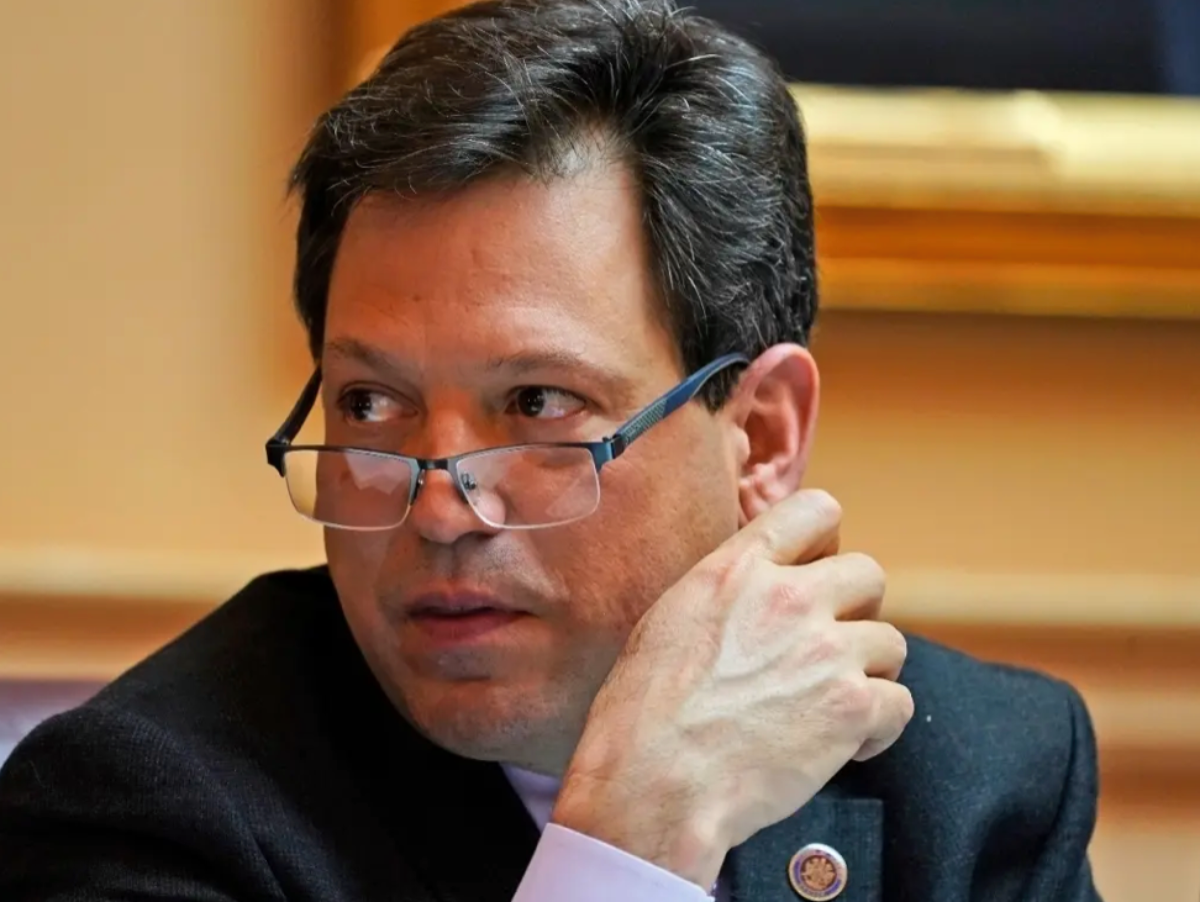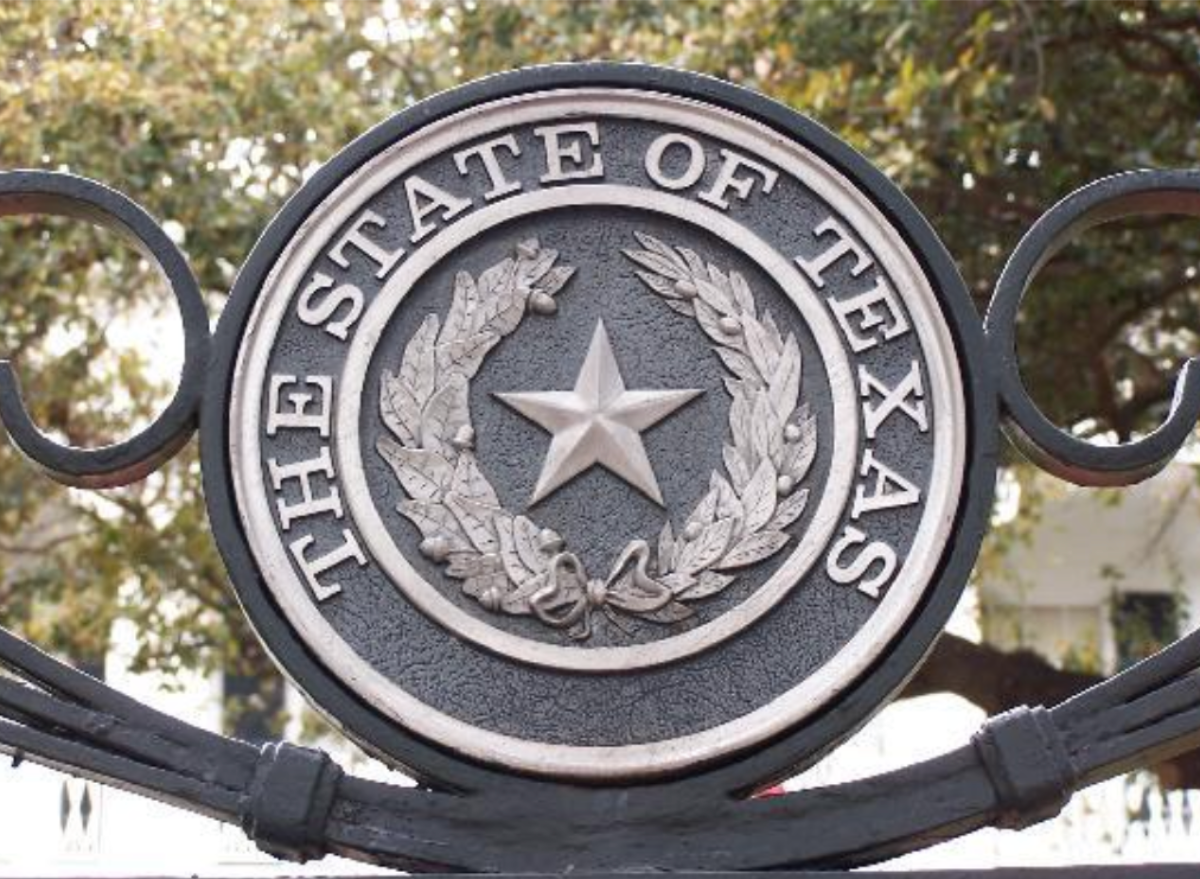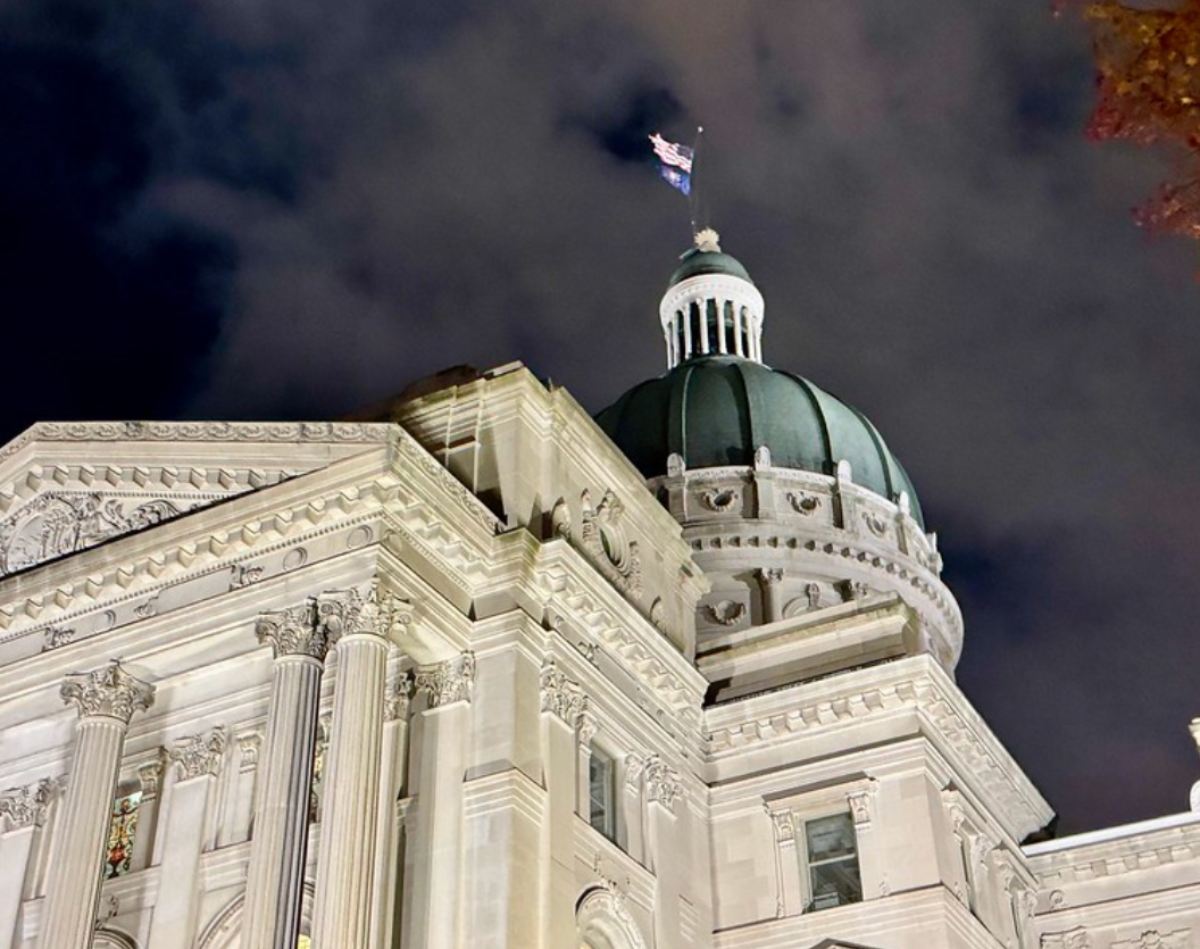
2024 was a tough year for the pro-gambling legislators, they have been pushing hard for legalization in various states in 2025. Here are the top stories from last week about the gambling legislation around the country.
The idea of a casino in Northern Virginia remains a pipe dream. Last week, the Virginia Senate approved Bill 982 with a 24-16 vote; however, the House Subcommittee set it aside this week.

This bill would have made it possible for a casino to be built in North Virginia, more specifically, the Fairfax County – which is to be designated as a host location for a gambling resort offering table games, slots and sports betting.
The casino was expected to bring tax relief to Fairfax County, which is struggling with a budget gap due to a decline in office property taxes. The bill would have allowed the county to hold a referendum and give residents of the county an opportunity to decide whether they want a casino in their backyard.
Senate Majority Leader Scott Surovell, who is highly in favor of this bill, said
“A Fairfax casino would generate $1.8 billion for the state if it did as well as the MGM casino across the river”
Surovell urged the subcommittee to reconsider their decision and allow the bill to come to a vote.

Legalization of online sports betting in the country’s second largest state would be a great win for the supporters of legalized resort casinos and sports betting. However, for that to happen, a change in the Texas constitution is necessary. And, such a change would need to be put before voters on the ballot in November 2025.
Things seem to be moving in the right direction. Last week, Rep. Charlie Geren filed a bill, HJR 134, that proposes to put this question on ballots for voters. He did so after highly encouraging remarks by the Texas Gov. Greg Abbott, who indicated that he is in favor of the legislation to legalize online sports betting in the Lone Star State. He said,
“I don’t have a problem with online sports betting, and I’m not standing in the way of legislation moving forward and I wouldn’t rule out signing [a sports betting bill] into law.”
His words, although highly encouraging for the pro-gambling supporters of this legislation, could also be interpreted as a more neutral stance, rather than a supportive one.
A major hurdle for this legislation right now is the Republican Caucus in the Texas Senate along with Lt. Governor Dan Patrick, who continues to oppose any efforts for the legalization of either destination resort casinos, and online sports betting.
Considering the amount of influence Lt. Gov. Patrick has on the bills that get voted in the Senate, his support is crucial for the possibility of legalization of gambling in Texas by 2026.
Of course, the Texan voter still has to vote on it and they seem to be in favor of it. A survey conducted by the University of Houston’s Hobby School of Public Affairs concluded that 73% of Texans are in support of legalization, construction and operation of casinos in the state of Texas. And 60% are in favor of legalizing online sports betting in Texas.
 Indiana will not legalize iLottery and online casinos. (Indiana Statehouse, Capitol Avenue, Indianapolis, IN/flickr)
Indiana will not legalize iLottery and online casinos. (Indiana Statehouse, Capitol Avenue, Indianapolis, IN/flickr)
A bill aimed at legalizing iLottery and online casinos in Indiana has failed to move forward in the House. House Bill 1432 made it through the House Public Policy Committee earlier in the session, and was set to be heard in the Ways and Means Committee.
However, House Speaker Todd Huston confirmed this Thursday that the bill is out of consideration as it did not pass the financial review. He termed the bill as over complicated and noted that the unanimous industry stakeholder support was not achieved.
He said,
“There’s all sorts of moving parts about how it impacts communities and what it does overall to the gaming environment in Indiana,”.
He added that it made the bill too complex to work through.
Another important part of the bill was to allow licensed casinos to operate their online gaming platforms in the state. These platforms are already being used by the native residents illegally. The state can generate high revenues by legalising and taxing this industry. This could also provide the native population that is interested in these slot-like games to be protected by consumer protection and responsible gambling laws.
Huston cited cannibalization as a major concern among industry stakeholders regarding this legislation. This legislation will have a directed impact on the sales of physical casinos and lottery sales. The critics are worried that legalization of online casinos and lottery services will result in reduction of clientele for the brick-and-mortar casinos and the industries that rely on the foot traffic generated by these casinos.